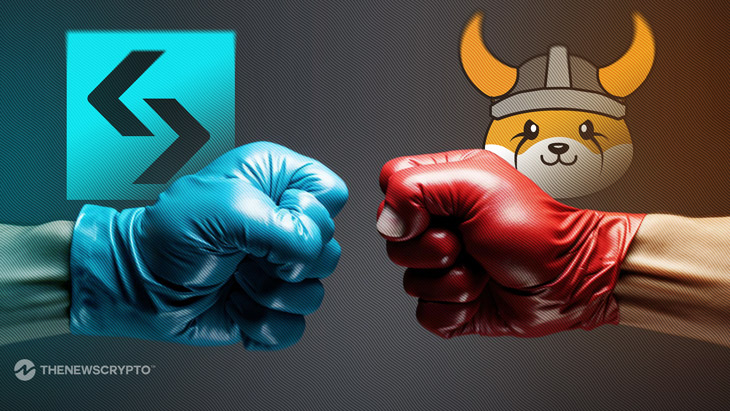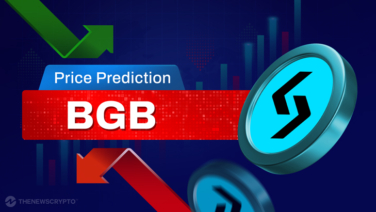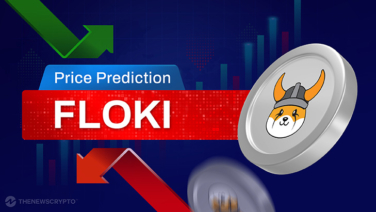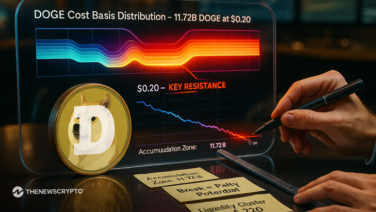- Bitget alleges $2,000 liquidity injection and unclear token economy.
- Floki advises holders to withdraw tokens from Bitget amid Bitget’s actions.
The entire crypto market’s attention has turned to a heated dispute that emerged between Bitget, a prominent exchange, and Floki, a well-known memecoin. The dispute revolves around the listing and subsequent delisting of the newly launched token TokenFi .
Floki recently launched TokenFi, a tokenization platform, and its native asset TOKEN, with the aim of establishing it as a formidable player in the rapidly growing tokenization industry, projected to reach a valuation of $16 trillion by 2030. The platform was officially launched on October 27.
Bitget vs Floki
Tensions flared when Bitget announced the delisting of Floki’s new token on October 31, citing concerns about market manipulation. Bitget alleged that the Floki team attempted to control initial liquidity by injecting just $2,000 worth of tokens into the liquidity pool on decentralized exchanges (DEXes). They also raised concerns about the token’s opaque token economy and unclear vesting schedule.
This delisting announcement sent shockwaves across the internet, with two camps of netizens accusing each other of scams. Floki’s team responded vehemently, asserting that Bitget had listed the token before its official launch, labeling it a “fake token.”
Floki’s team claimed they had submitted a proposal on October 18 to the Floki decentralized autonomous organization (DAO) for a staking program with a reward token targeting a trillion-dollar industry. However, the DAO proposal did not reveal the token’s name or the purpose of the reward token. Floki team maintained that this information had been disclosed to multiple centralized exchanges.
They revealed that they informed these exchanges not to list the token until at least seven days after its launch to comply with DAO governance rules. According to Floki, all exchanges agreed to this condition except for Bitget, which listed TOKEN before its official launch.
In their defense, Floki reminded the public of their repeated warnings against unauthorized listings, accusing Bitget of facilitating fraudulent purchases of the fake TOKEN on their platform.
Response
Bitget responded by implementing a Tokenfi buyback plan based on the highest closing price of TokenFi (TOKEN) within five days of its trading on Bitget, with the rate set at 1 TOKEN = 0.00605002 USDT.
Meanwhile, Floki advised its Bitget holders to withdraw their tokens urgently. They added that Bitget had attempted to manipulate their sister token, TokenFi (TOKEN), selling over $10 million worth of unauthorized TOKEN to users. They mentioned that Bitget also force-closed all user positions and offered users less than 20% of the market value of tokens they believed they had legitimately purchased on the platform.
Floki used strong assurance words saying that they are listed on several reputable centralized exchanges, including Binance, reinforcing their commitment to trustworthy partnerships. Notably just hours ago, Bybit, one of the well-known exchanges, announced the listing of TokenFi.








